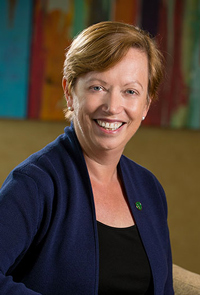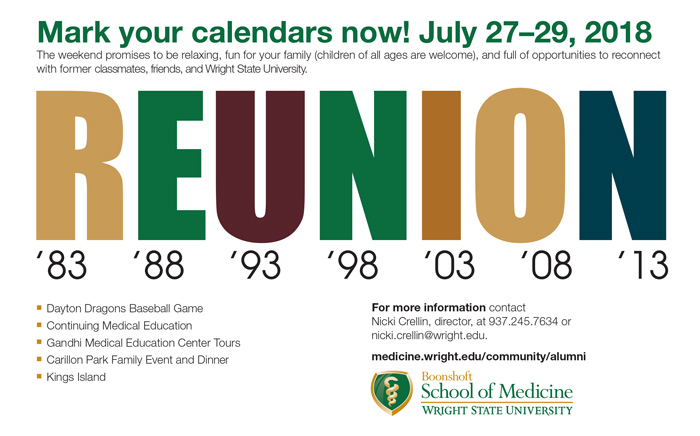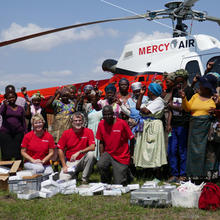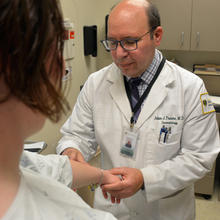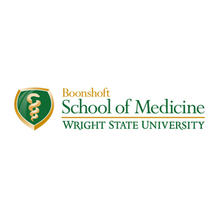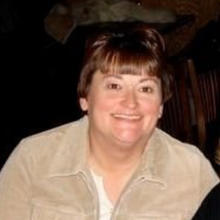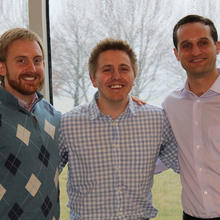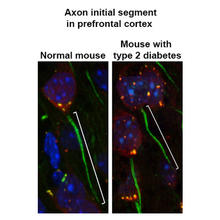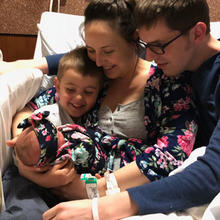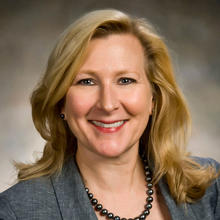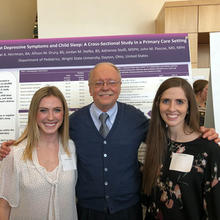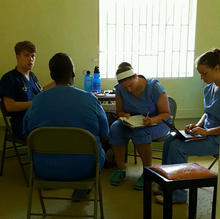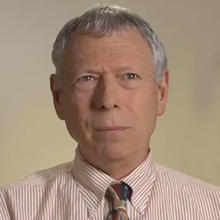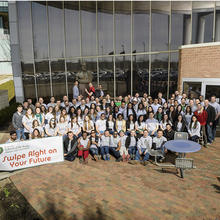I am awed by the goodwill of our students, alumni, and faculty. No matter where they are from or where they end up, it seems we always find them in the most extraordinary places. Perhaps it’s the nature of our school, or maybe it’s instilled in the hearts of all those who walk our halls. But one thing is clear: we serve.
We help others, and we give back. We help hold up our communities. We care deeply for each other and those around us. Most importantly, we show up when others don’t dare to take a first step.
We help our neighborhood schools and sports teams, and share our time in volunteer efforts. We share our knowledge and experience in community talks. We’re driven by a deep sense of duty to push forward and provide care.
In this edition of Vital Signs, we acknowledge members of our family who continually take the fight to the problem, whatever it may be. Our medical school has long been a pioneer in global health. Members of our family travel to remote villages each year to help alleviate suffering. I hope you feel the same inspiration I do as you read about them.
We are also making strides in improving health care access in rural northwest Ohio and beyond. You’ll learn about the beginnings of the Wright Rural Health Initiative, which has grown to unforeseen heights since our students began rotating in Celina, Ohio, home to the Wright State University Lake Campus, in 2012.
One of our alumni is committed to preventing skin cancer, and has provided free screenings to residents of the Miami Valley for more than 20 years. Another is taking the fight to opioid use disorder while also reducing the stigma associated with treating those afflicted by the disease.
We’re continuing to lead the way to curing both common and rare diseases. Our bright students and distinguished faculty are making strides in research advancing the understanding of deadly pediatric brain tumors and Type 2 diabetes, among other projects. The foundation of these achievements is our commitment to an exceptional medical education, on which we have doubled down, through the launch of the new WrightCurriculum.
I’m grateful for the opportunities we have to impact the lives of our students, their future patients, and the communities we serve. The Boonshoft School of Medicine wouldn’t be where it is today without the continued support of the Wright State family, our alumni, and friends. Thank you all for your encouragement and steadfast commitment as we work together to shape the future of medicine, no matter where the journey takes us.
Margaret Dunn, M.D., M.B.A., FACS
Dean

